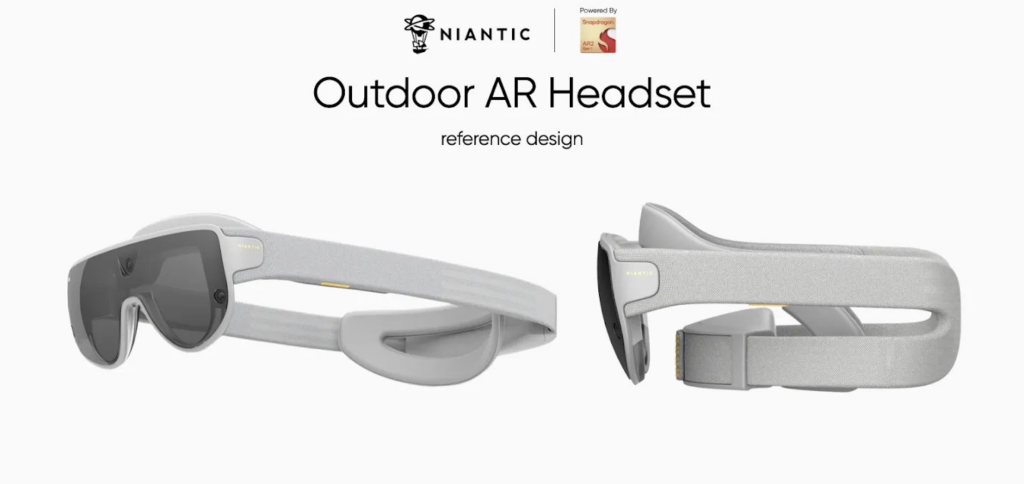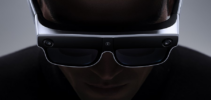Now, in a new moment and with a focus on expanding its operations in the augmented reality and metaverse market, Niantic is collaborating with the processor company Qualcomm. The headset will be powered by Snapdragon processors and will work with the Snapdragon Spaces platform, which allows developers to create immersive experiences. Additionally, Niantic will replicate the success of Lightship visual positioning (VPS) technology in the headset. The tool allows the precise positioning of virtual objects in the real world.
ADVERTISING
A software developer Niantic is headquartered in San Francisco, California, and emerged in 2010 as a startup within the Google. In 2015, after having the business separated from the American giant, it began to make waves on the scene with launches involving augmented reality. The company's most popular application, which is still remembered today, Pokémon Go, reached users in July 2016 and completely transformed the way people interacted with their smartphones.
In addition to the successful Pokémon, where people went looking for the characters using their cell phone's camera, the company's portfolio also includes the games Ingress and Harry Potter: Wizards Unite and Catan: World Explorers.

Niantic headset price
Regarding the price that the Pokémon Go developer's headset will have, the company promereduce the cost to reach a larger audience and try to rescue the millions of players gained in its year of glory. Without disclosing the value of the device in advance, it is expected that their headset will have a more affordable price compared to its competitors. By way of comparison, Meta's simplest headsets cost no less than R$2.
ADVERTISING
Making the price of the headset attractive is Niantic's biggest challenge, which notes the need to use cutting-edge technologies, such as CPUs and advanced cameras, and at the same time notes the need to have a cost differential to attract consumers. The company's headset is expected to hit the market in 2023.





